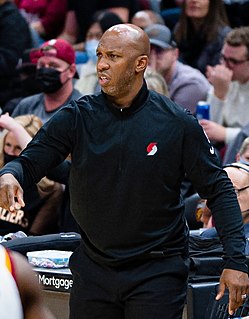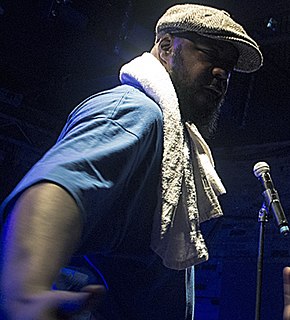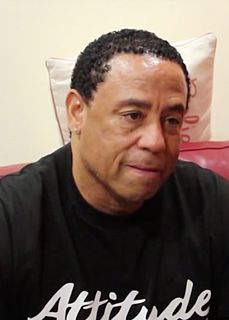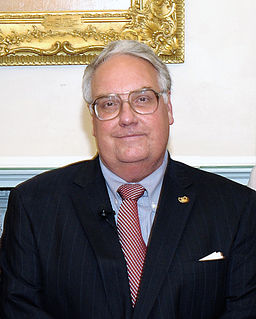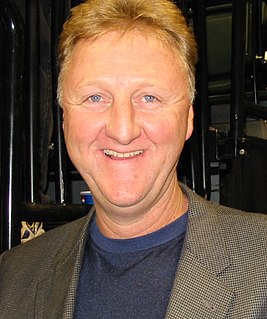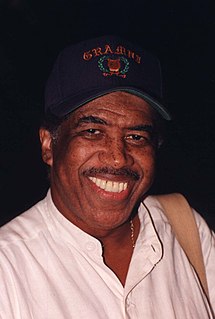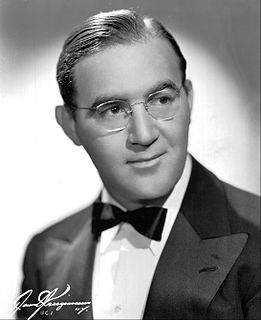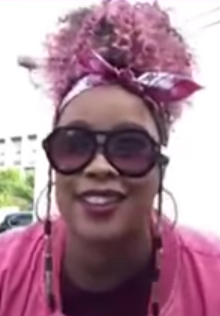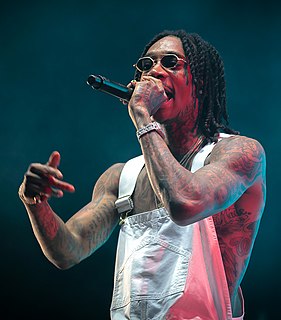A Quote by Kid Ink
I haven't talked to [Sterling Simm] personally about the situation. We did a couple retweets to make some noise and get a little feedback, but I would definitely consider it. When we had our session for the "All I Know" collaboration he played me a number of records, one being "All These", that were crazy.
Related Quotes
I feel like [throughout] my entire career and life, that I've been judged by people who really did not know me. But I definitely think that they probably were right to assume what they had assumed about me, because there was so little to go on out there. If you only see videos of me being crazy and hearing little things here and there, then obviously you're not going to have any idea who I really am.
That ain't nothing to be proud of, man. I'm not going to say, like, I'm an angel. I've definitely did some things. I just... I don't know... it's kind of corny to do that sometimes, you know? I mention it a few times, but I don't go crazy with it. I ain't a coke rapper, na'mean? I wasn't no big drug dealer neither, B. You know what I mean? I made enough to get fly, keep a little stack in the crib... couple of stacks in the crib. But I wasn't crazy with it. So that s**t ain't... I always worked for somebody. I got some other n***a rich.
We were required to predict a soldier's performance in officer training and in combat, but we did so by evaluating his behavior over one hour in an artificial situation. This was a perfect instance of a general rule that I call WYSIATI, "What you see is all there is." We had made up a story from the little we knew but had no way to allow for what we did not know about the individual's future, which was almost everything that would actually matter. When you know as little as we did, you should not make extreme predictions like "He will be a star."
As a kid, I grew up on a farm in Florida, and I did what most little kids do. I played a little baseball, did a few other things like that, but I always had the sense of being an outsider, and it wasn't until I saw pictures in the magazines that a couple other guys skate, I thought, 'Wow, that's for me,' you know?
[on River Phoenix] I would love to see what kind of choices he would be making now if he was still around, some of the characters that he would have played. I mean, to me he was like a rock star, you know, he had it all: he had the looks, he had a great name, he had an attitude, an energy, an excitement about him. He was instinctively like a, he was a rebel, you know? He was kind of Bob Dylan to me, at times, and he had a lot to say. And I've never seen too many interviews by him, but the ones that I saw were pretty electric, pretty... he was switched on, definitely.
By the latter part of high school, by the middle of junior year in high school, Jay Rodriguez played me some Irakere records that that Paquito [D'Rivera] was on. And he also played me and our friend, Curtis Haywood, some Phil Woods records. And when I heard Phil, I just about lost my mind. I was playing the Charlie Parker Omnibook as part of my lessons. This was the '80s. There was no YouTube and all that. And we had three or four jazz records at that point.
My parents had a gardener when I was growing up, and he and I would dig in the dirt together - my mom and dad were definitely not digging with me! When I was 5, he helped me plant some corn in our backyard, and I remember how fascinating it was to watch it grow. Little did I know that 50 years later I'd be growing corn in a different way.
I would imagine after the first recording session with Jerry Leiber and Mike Stoller and Atlantic Records I began to realize that this is going to be like this for the rest of my life and I knew that what, what they were doing was going to be successful because with each session that we would do, it would get better and better and better, the songs would become better, the, ah, the feeling of success was there and we were all in the middle of that as well.
When I joined I was young and silly and made some very stupid decisions, being oblivious to the magnitude of the consequences. I did go a little crazy after Musafir. There was plenty of money and adulation and I would see guys going crazy for me. The songs were a big hit and it was like living the life one only dreams of.
I think I sent one [book] to Brian Eno. I don't know how I got to know his address, but I sent one to him. He called me up and he said, "I really like the book, and I'm starting a new label, would you liked to do something?" It was a tricky situation for me, because I've always had this thing in my life of a tension between collaboration, which was extremely important to me, and then being alone. Make of that what you will!
I think my first impression (of Bix Beiderbecke) was the lasting one. I remember very clearly thinking, 'Where, what planet, did this guy come from? Is he from outer space?' I'd never heard anything like the way he played-not in Chicago, no place. The tone-he had this wonderful, ringing cornet tone. He could have played in a symphony orchestra with that tone. But also the intervals he played, the figures-whatever the hell he did. There was a refinement about his playing. You know, in those days I played a little trumpet, and I could play all the solos from his records, by heart.



